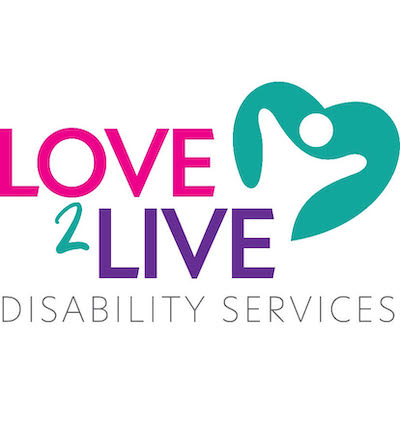NDIS
The NDIS is the National Disability Insurance Scheme. It’s only been around for a few years, but it’s a way for Australians with a disability (who are under 65 years of age) to get the care and supports they need to navigate daily life.
If you, or someone you care for, is aged 7-64, with a permanent and significant disability which impacts on your ability to take part in everyday activities, you may be eligible for NDIS support.
You can find out more about whether you are eligible using the NDIS eligibility checklist.
If you believe you are eligible, the next step is to contact the National Disability Insurance Agency, which delivers the scheme, to apply to become what is known as a ‘participant’.
How can I apply for NDIS funding?
You will need to have solid evidence of disability when you make an application to the NDIA. And that evidence needs to come from a health professional such as your GP, Orthopaedic surgeon, Occupational Therapist, Neurologist etc.
It’s worth noting that whoever you turn to for that evidence must be someone the NDIA considers ‘most appropriate person to provide evidence of your primary disability’ and should also have treated you for at least six months.
You’ll need to make sure the information you have meets the following criteria:
- Evidence should be recent
- completed by a treating health professional who is relevant to your primary disability
- confirms your primary disability
- confirms the impacts of your disability on the different areas of your life
- describes previous treatments and outcomes
- describes future treatment options and expected outcomes of those treatments.
Note that the term ‘primary disability’ means the impairment that has the greatest impact on your daily functioning. When you have that information gathered, you’ll need to either –
- call the NDIA on 1800 800 110 and ask to make an Access Request
- or complete and submit the Access Request Form and send by email to [email protected].
I’ve got NDIS funding, what now?
Congratulations! You’re on the way.
You’ll soon be contacted by an LAC (local area coordinator), NDIS planner or ECEI (early childhood) Coordinator. They’ll arrange a planning meeting, which could be in-person or over the phone. Either way, this is NOT the time to sit back and wait.
Preparation is everything, when it comes to getting a good outcome from your planning meeting. That’s because decisions made around what supports you need will be based on the information you provide on the day. Don’t forget, your planner doesn’t know anything about you, apart from the information you share. Make sure it’s relevant, detailed and focused on what you want to achieve, not just the challenges you’re experiencing.
This NDIS article on preparing for your planning meeting is a great place to start.
During your planning meeting you’ll need to provide comprehensive information on:
- The formal supports you receive – from services to equipment and modifications
- Your informal supports – the people in your life who provide regular or occasional assistance
- The activities you take part in, big, small, daily or annually, including how you get there and if you need any support to do them
- Your living arrangements – where do you live, how long is that sustainable for (thinking in particular about changing needs and ageing carers) and where and how do you WANT to live?
- Your goals – whether that’s moving out in five years or starting the gym next week, think about everything you’d like to achieve. What do you need to make them happen?
When will I get my NDIS plan?
Having looked at the full picture of your life, your goals, your disability and the supports currently being accessed, the planner will write up your plan and send it to the NDIA for approval.
That plan might include supports for employment, accommodation, activities, and so on.
The process can take a few weeks and – it’s worth noting – it’s not guaranteed you’ll immediately get the outcome you want. If you feel you haven’t been granted the supports you need, you can request a review (within three months of the NDIA’s decision) by completing this form on the NDIS website.
You can also call the NDIA on 1800 800 110 to get help to complete the form over the phone.
All that said, plan reviews usually happen annually, so your supports can be altered over time. It’s not a ‘one and done’ situation for your lifetime.
I’ve got my NDIS plan, now how do I find supports?
Fantastic! You’re in the driving seat!
The whole point of the NDIS is of course to deliver support, but more broadly to enable people with a disability to exercise much greater choice and control within their own lives than was previously possible.
Being in charge of your funding means you can choose who delivers your services. So, if things aren’t working out perfectly with any provider at any time, you can leave and find something – or someone – more suited to your needs.
Still have questions?
Check out the NDIA’s animation series, which is designed to tackle some of the most common queries and concerns.
- Will my plan review be different to last time?
- I need to use my plan funding differently
- My plan is about to end
- Tips for your phone planning meeting
- My family usually care for me, but now they can’t, what should I do?
- My core support funding will not meet my needs, and I have funding in my other plan budgets
- How else can I use my plan funds flexibly?
- My regular support workers can’t deliver services to me
- I have a significant or urgent change in circumstances, and my plan no longer meets my needs
- I’m worried about getting the services I need

